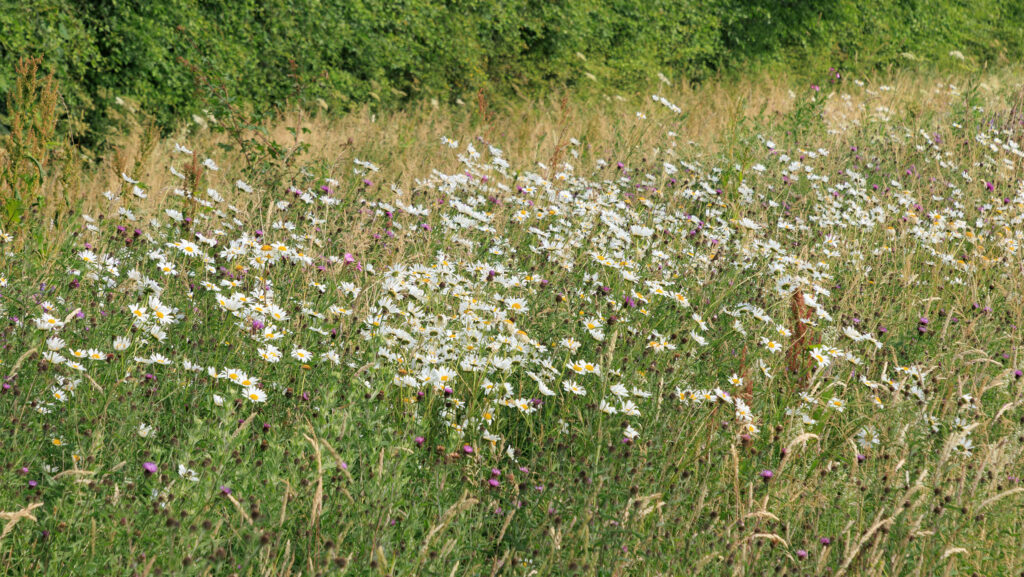Most farmers planned SFI expansion, CLA poll finds
 © Tim Scrivener
© Tim Scrivener Nearly 95% of farmers in England were planning to expand their participation in the government’s Sustainable Farming Incentive (SFI) scheme before its sudden closure last month.
That’s according to a new survey by the Country Land and Business Association (CLA), which has highlighted the devastating impact the move is having across rural Britain.
The poll of 312 CLA members shows more than half (54%) are currently in an SFI agreement, while 40% were preparing to join the expanded scheme.
See also: Defra ‘blew up apple cart’ with SFI closure, says NFU chief
Only a fraction – just 4.5% – said they had achieved everything they wanted from the programme before it was abruptly pulled by Defra on 11 March.
Many farming businesses had already begun investing in professional advice to navigate the application process, while others with agreements ending this year are now left in limbo, unable to reapply until 2026.
CLA president Victoria Vyvyan said: “No farmer can plan for an environmentally sustainable farming future when rules change overnight.
“Without the management contracts which were promised, many face a cash crisis.”
The SFI scheme was designed to support farmers in adopting environmentally friendly practices, such as improving soil health, enhancing biodiversity, and reducing emissions.
Ms Vyvyan warned that without funding, “important projects will be shelved”, and she stressed that “trust must be rebuilt and the new SFI must be negotiated quickly”.
She added that “the future of sustainable farming depends on it”.
Poll results shared
The CLA has shared the results of the survey with government ministers in an effort to convey the real-world consequences of the decision.
It says it will continue to press policymakers to mitigate the fallout and shape future support schemes.
Defra says there will be a new and improved SFI on offer with details to follow the Spending Review in June.
This will be underpinned by the government’s cast-iron commitment to food security, focusing on food production, creating more resilient farm businesses alongside supporting nature recovery.
